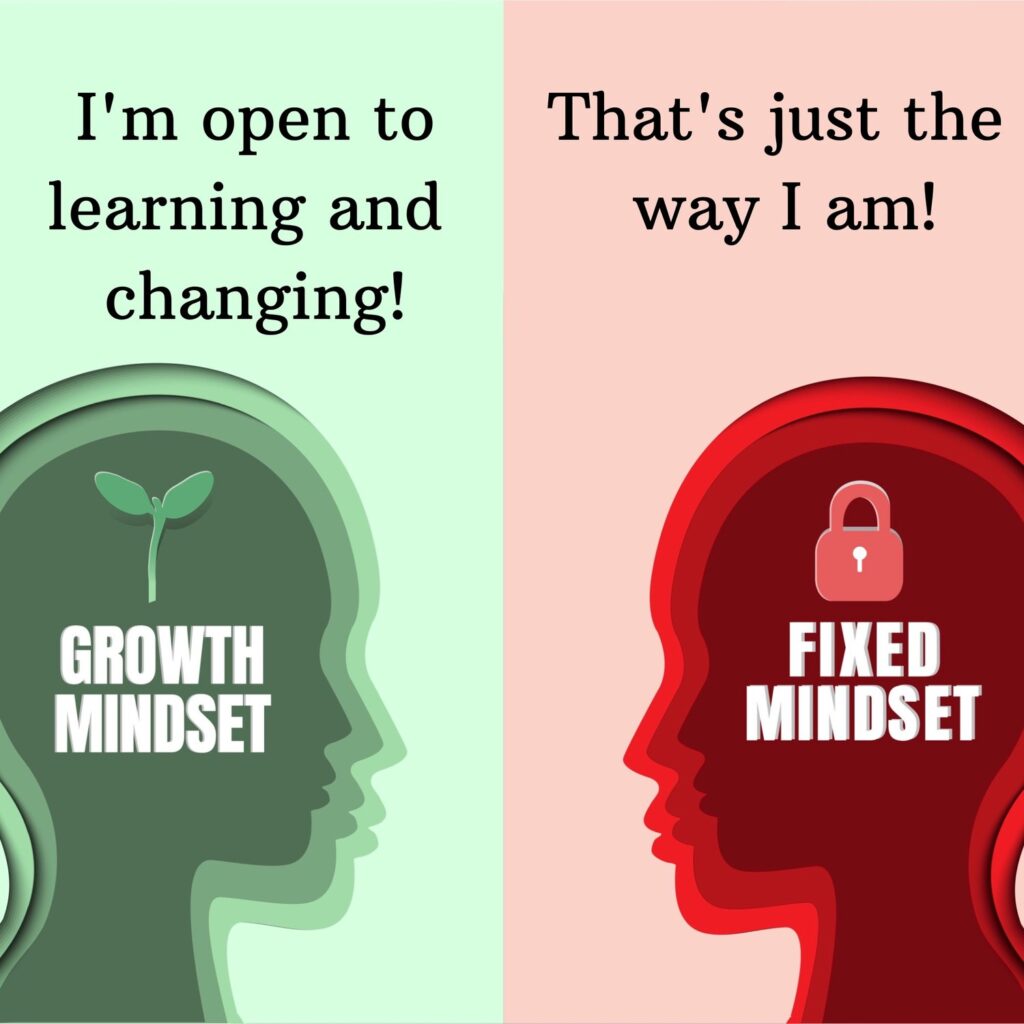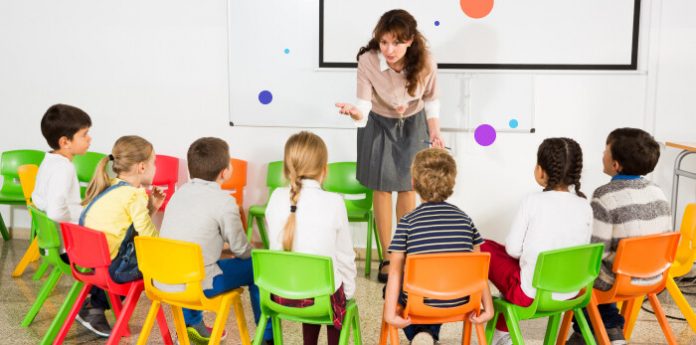Introduction:
In today’s fast-paced and ever-changing world, having a growth mindset has become increasingly essential. A growth mindset is the belief that intelligence, abilities, and talents can be developed through dedication, effort, and resilience. By fostering a growth mindset, individuals can overcome challenges, embrace learning opportunities, and unleash their full potential. While promoting a growth mindset in schools is important, it is equally vital to cultivate this mindset at home. In this blog, we will explore effective strategies for promoting a growth mindset within the family setting, creating an environment that supports growth, learning, and personal development.

Encourage a Positive Learning Environment:
Creating a positive and supportive learning environment at home is crucial for fostering a growth mindset. Encourage curiosity, exploration, and a love for learning. Celebrate effort, progress, and resilience rather than focusing solely on outcomes. Emphasize that mistakes are part of the learning process and provide constructive feedback that focuses on improvement rather than criticizing failures.
Embrace Challenges as Opportunities:
Instill the belief that challenges are stepping stones to growth and success. Encourage your family members to take on new challenges, try new activities, and step outside their comfort zones. Help them understand that setbacks and obstacles are not signs of failure but opportunities for growth and improvement. Foster a “can-do” attitude and inspire them to persist even when faced with difficulties.
Teach the Power of Yet:
The word “yet” is a powerful tool when it comes to nurturing a growth mindset. Encourage your family members to use phrases like “I haven’t mastered it yet” or “I haven’t figured it out yet.” This simple addition of the word “yet” conveys the idea that abilities and skills can be developed over time with effort and practice. It helps shift the focus from immediate success to long-term growth.

Model a Growth Mindset:
Children learn by observing their parents and caregivers. Be a positive role model by showcasing a growth mindset in your own actions and attitudes. Share stories of how you overcame challenges, learned from failures, and continued to grow. Embrace your own learning journey and demonstrate that growth and improvement are ongoing processes. By modeling a growth mindset, you inspire and motivate your family members to adopt the same mindset.
Encourage Reflection and Self-Assessment:
Promote self-reflection and self-assessment as essential tools for growth and learning. Encourage family members to reflect on their progress, strengths, and areas for improvement. Help them set realistic goals and create action plans to achieve those goals. Teach them to monitor their own progress and celebrate milestones along the way. Encourage them to ask questions, seek feedback, and continuously strive for personal growth.
Emphasize the Power of Effort:
Help your family members understand that effort is a crucial factor in achieving success. Emphasize the value of hard work, perseverance, and dedication. Teach them to embrace challenges and invest time and effort into their pursuits. By valuing effort, you shift the focus from innate abilities to the process of growth and development.
conclusion:
Promoting a growth mindset at home lays the foundation for lifelong learning, personal development, and success. By creating a positive learning environment, embracing challenges, teaching the power of yet, modeling a growth mindset, encouraging reflection and self-assessment, and emphasizing the value of effort, you can help your family members develop the belief that their abilities can be developed and expanded through effort and dedication. By fostering a growth mindset, you empower your loved ones to navigate the complexities of life with resilience, optimism, and a hunger for continuous learning and growth.
